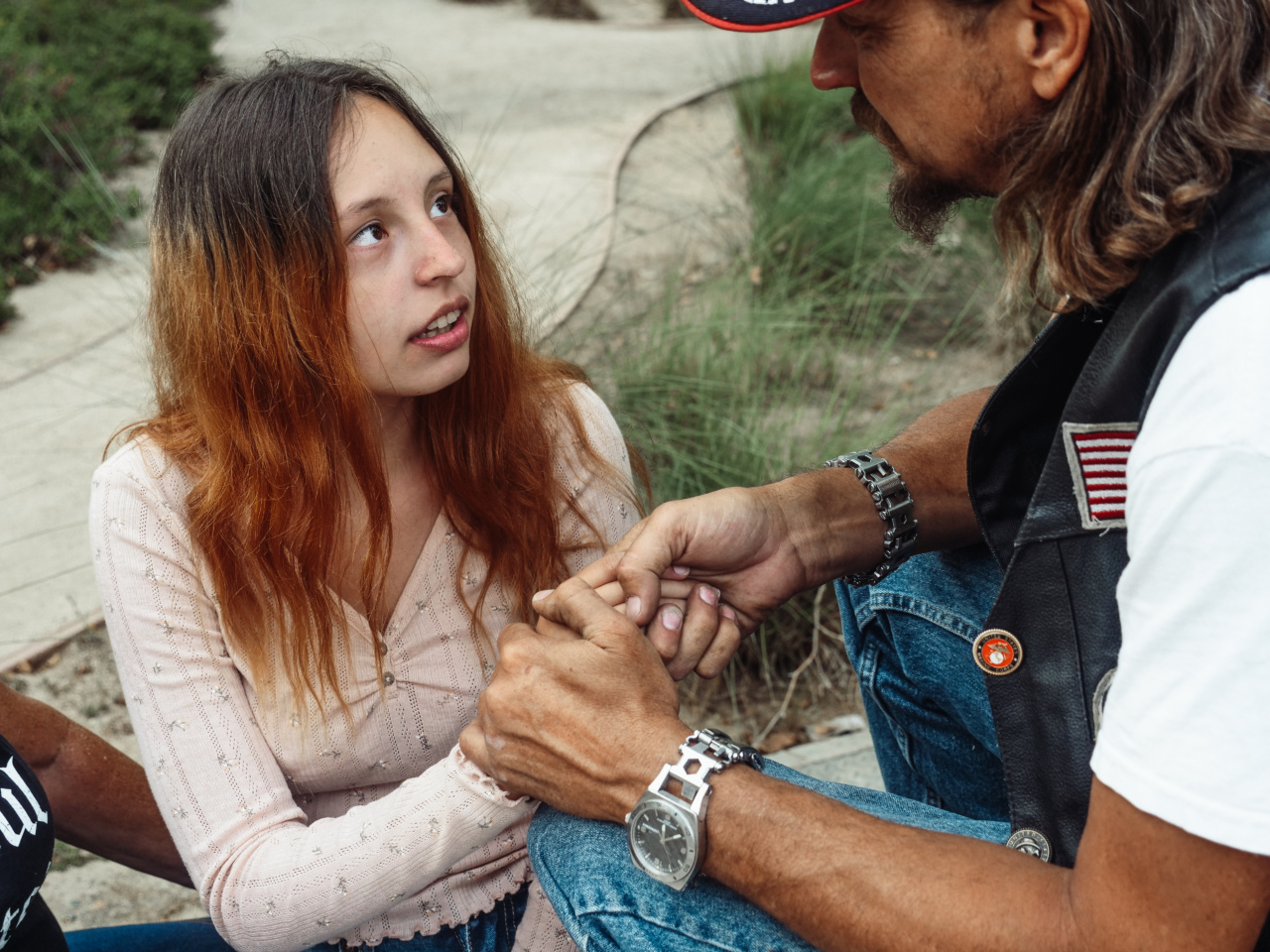Children who grow up with parents who suffer from depression are at a higher risk for emotional problems.
Depression is a debilitating mental illness that can significantly affect a person’s life, and it can also have a significant impact on their children. Growing up with a parent who is depressed can cause a lot of stress and anxiety, and it can create an environment that is not conducive to a child’s emotional well-being.
What is Depression?
Depression is a mental illness that affects millions of people worldwide. It is a mood disorder characterized by feelings of sadness, hopelessness, and worthlessness.
Symptoms of depression include a lack of interest in activities, difficulty sleeping, changes in appetite, fatigue, and feelings of hopelessness. Depression can be triggered by a variety of factors, including genetics, life events, and chemical imbalances in the brain.
Effects of Depression on Children
When a parent is depressed, it can have a significant impact on a child’s emotional development.
Children who grow up with a depressed parent may feel neglected or abandoned, and they may have a difficult time forming healthy relationships in the future. They may also experience emotional and behavioral problems, including anxiety, aggression, and low self-esteem. Children of depressed parents are also at a higher risk of developing depression themselves later in life.
Why Are Children of Depressed Parents at Higher Risk?
There are several reasons why children of depressed parents are at a higher risk of developing emotional problems. First, children of depressed parents may inherit a genetic predisposition to depression.
Second, growing up in an environment that is stressful and negative can impact a child’s emotional well-being. Third, children of depressed parents may not receive adequate emotional support or may feel guilty about their parent’s depression, which can lead to emotional problems later in life.
What Can Parents Do?
If you are a parent who suffers from depression, there are steps you can take to minimize the impact of your illness on your children. First and foremost, seek treatment for your depression.
Treatment can help you manage your symptoms, and it can also help you create a more positive and supportive environment for your children. Second, communicate with your children about your illness. Be honest with them and let them know that your depression is not their fault. Finally, make an effort to spend quality time with your children and create positive memories together.
What Can Teachers Do?
Teachers can play an important role in helping children of depressed parents. By paying attention to students’ emotional well-being, teachers can identify children who may be struggling with emotional problems and provide them with support.
Teachers can also educate themselves about depression and the impact it can have on children, and they can create a classroom environment that is supportive and positive.
The Importance of Seeking Help
If you are a parent who suffers from depression, seeking help is essential. Depression is a treatable illness, and with the right treatment, you can manage your symptoms and create a more positive and supportive environment for your children.
If you are a child of a depressed parent, seeking help is also important. Therapy can help you develop coping skills and work through any emotional issues that may have arisen as a result of your parent’s depression.
Conclusion
Children of depressed parents are at a higher risk of developing emotional problems. Depression can impact a child’s emotional development, and it can create an environment that is not conducive to their emotional well-being.
However, there are steps that parents and teachers can take to help children of depressed parents. Seeking treatment for depression, communicating with children about the illness, and creating a positive and supportive environment are all important steps that can help children thrive despite their parent’s depression.































